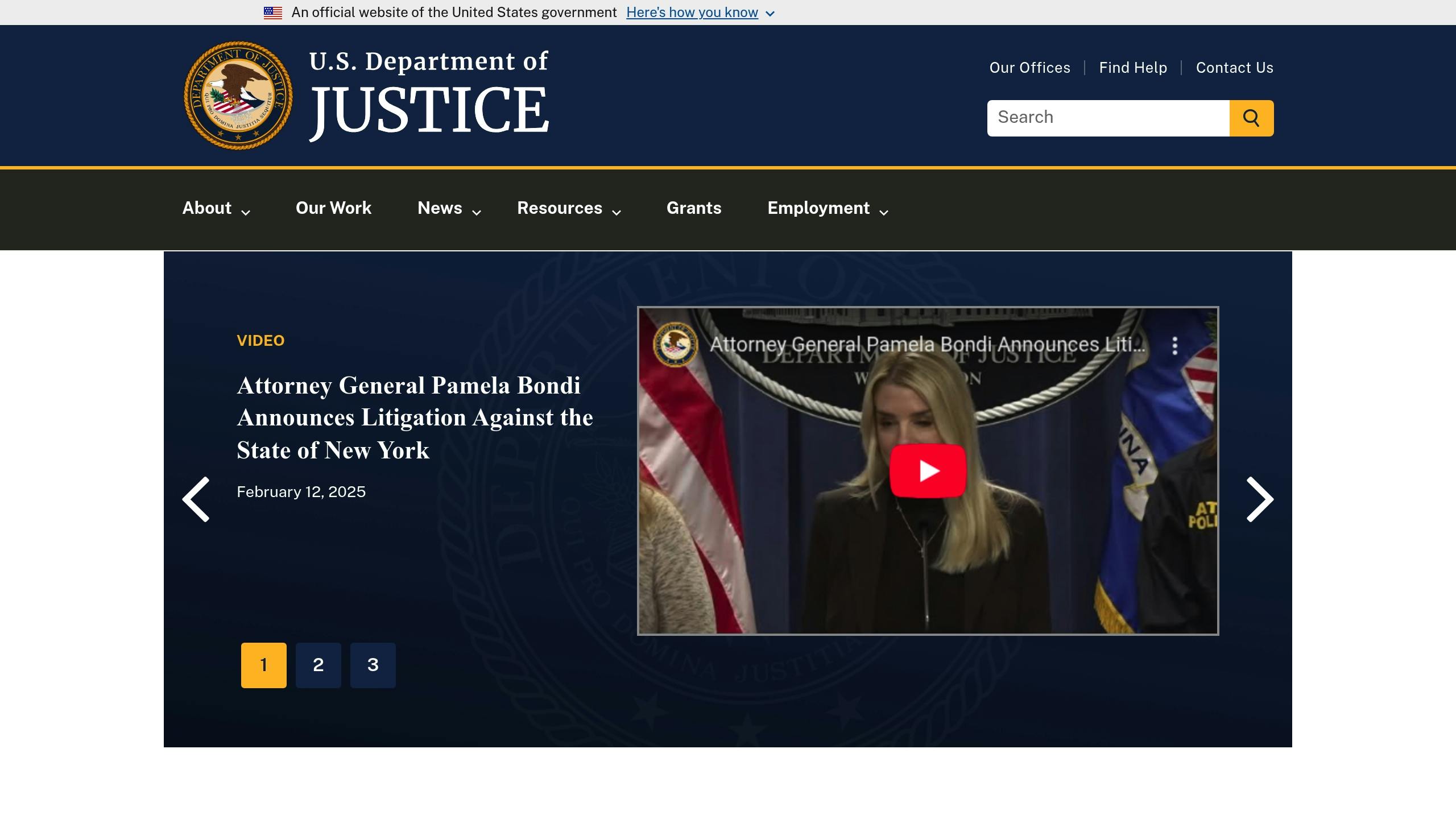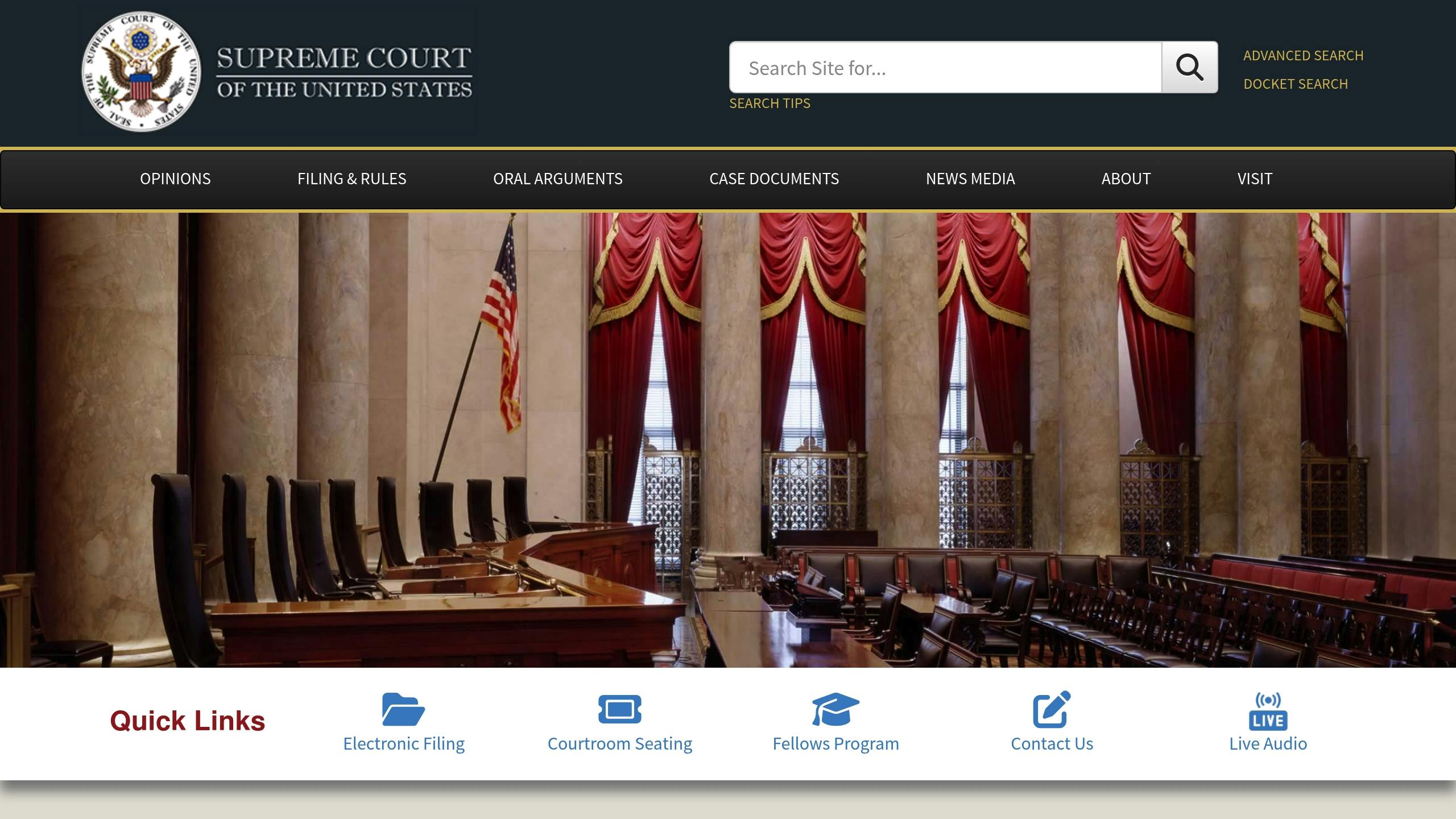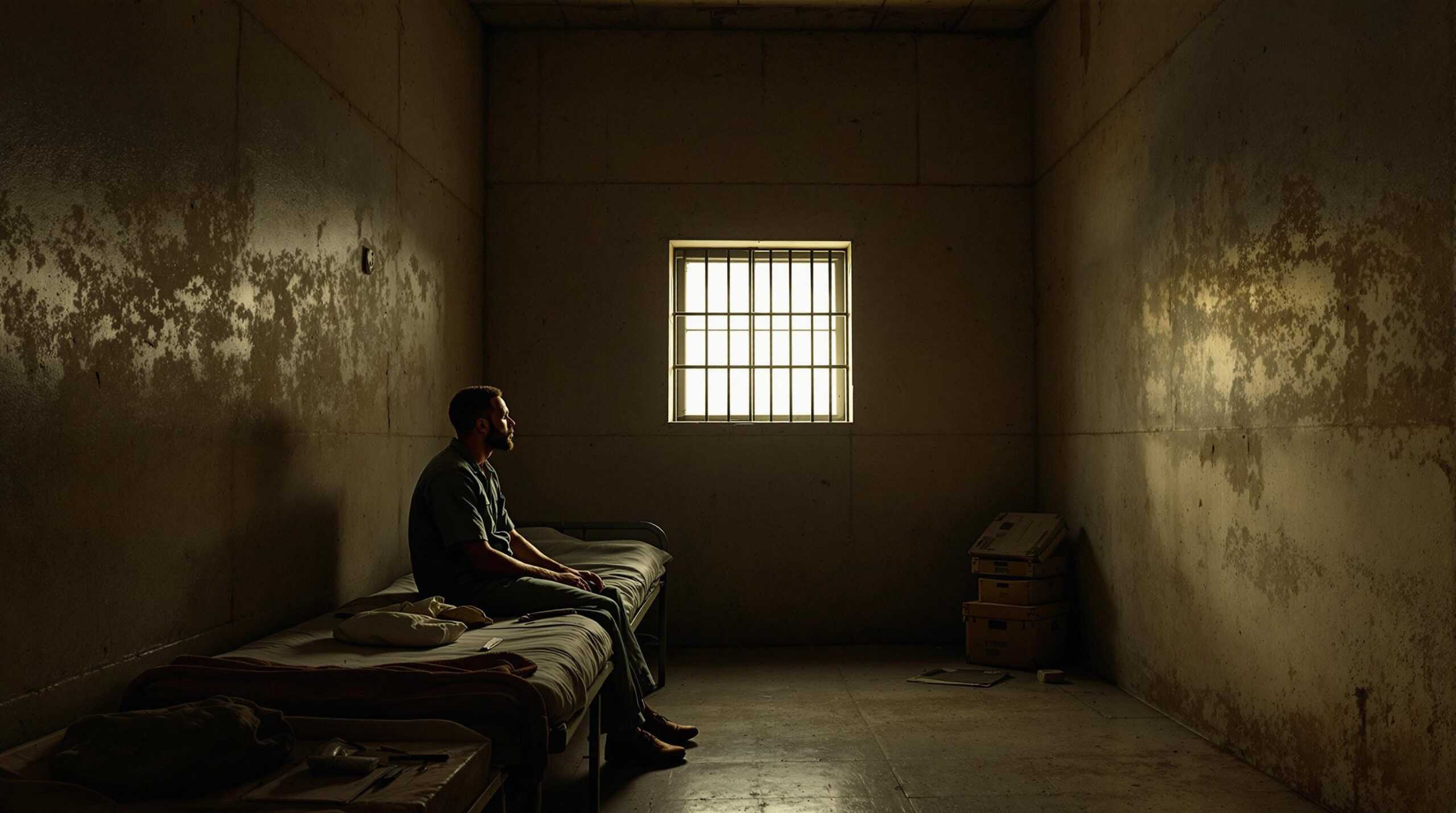Georgia’s prison discipline rules often violate the Eighth Amendment, which prohibits cruel and unusual punishment. Issues like excessive solitary confinement, neglect of medical needs, and unsafe conditions highlight constitutional failures. Reform is urgently needed to protect inmate rights.
Key Findings:
- High Violence Rates: Inmates face significant risks of harm due to insufficient safety measures.
- Poor Living Conditions: Unsanitary environments fail to meet basic standards.
- Medical Neglect: Many inmates are denied adequate healthcare.
- Inconsistent Rule Enforcement: Policies often fall short in practice, despite formal procedures.
Quick Comparison: Georgia Rules vs. Eighth Amendment Standards
| Requirement | Georgia’s Reality |
|---|---|
| Protection from violence | Widespread violence persists |
| Basic living conditions | Facilities often unsanitary |
| Access to medical care | Frequent neglect of health needs |
| Staff accountability | Weak oversight and training |
To fix these issues, Georgia must improve oversight, enhance staff training, ensure humane conditions, and align disciplinary practices with constitutional standards.
Georgia prisons have unconstitutional conditions says Department of Justice

Current Georgia Prison Rules
Georgia’s prison disciplinary system, outlined in GAC 125-3-2, relies on a tiered approach to maintain order. However, it often falls short of meeting constitutional standards.
Main Disciplinary Rules
The Georgia Department of Corrections uses various measures such as solitary confinement, monetary fines, and limiting privileges to enforce discipline. Solitary confinement, one of the harshest penalties, isolates inmates and severely restricts their access to basic needs and social interaction.
"Recent investigations have found that Georgia prisons have high rates of violence and harm, and that disciplinary policies often fail to address these issues effectively."
These disciplinary actions are carried out using structured enforcement procedures.
Rule Enforcement Methods
While the rules are clearly defined, their enforcement often falls short of constitutional expectations. Prison officials follow protocols that include documenting infractions, holding formal hearings, allowing appeals, and monitoring restrictive housing. Disciplinary boards assess violations and assign sanctions based on severity and frequency. However, in practice, these measures frequently fail to meet national standards for preventing violence and ensuring inmate welfare.
Advocacy groups like Georgia Prisoners’ Speak highlight how enforcement inconsistencies undermine inmates’ constitutional rights. This gap between policy and practice remains a key issue for reform efforts and legal scrutiny.
8th Amendment Requirements
The Eighth Amendment protects inmates by forbidding cruel and unusual punishment.
What Counts as Cruel and Unusual Punishment?
The Supreme Court uses two tests to identify Eighth Amendment violations. The objective test examines whether basic needs like healthcare, safety, and sustenance are denied. The subjective test looks for deliberate indifference from prison officials toward inmate welfare.
Prison conditions must reflect society’s evolving standards of decency. This means facilities are required to provide proper healthcare, maintain sanitary environments, protect inmates from harm, and meet their basic needs. Supreme Court decisions have further clarified these obligations.
Key Supreme Court Cases

Several landmark cases have shaped how the Eighth Amendment is applied. In Estelle v. Gamble (1976), the Court ruled that ignoring serious medical needs shows deliberate indifference, which qualifies as cruel and unusual punishment. This decision set a clear expectation for prison officials to provide necessary medical care.
In Farmer v. Brennan (1994), the Court expanded on this by stating that officials violate the Eighth Amendment if they are deliberately indifferent to substantial risks of serious harm. This case highlighted the responsibility of prison staff to take reasonable steps to ensure inmate safety.
These legal standards directly influence how prisons, including those in Georgia, must handle disciplinary practices and maintain acceptable conditions. Failing to meet these requirements can lead to constitutional violations that demand immediate changes.
sbb-itb-7858f51
Rules vs. Constitutional Standards
Georgia’s prison system shows a mix of actions that either align with or fall short of the Eighth Amendment’s requirements, highlighting gaps between policies and constitutional mandates.
Meeting Constitutional Standards
Some policies in Georgia’s prisons do comply with Eighth Amendment requirements. For instance, disciplinary actions requiring Division Director approval for confinements longer than 30 days align with constitutional guidelines. However, this is a limited effort that doesn’t address broader issues affecting inmate welfare.
Constitutional Violations
Investigations by the Department of Justice have uncovered serious failures to meet Eighth Amendment standards in Georgia’s prisons. One of the most critical issues is the inability to protect inmates from violence and harm. This ongoing neglect directly contradicts constitutional principles, as clarified in the Supreme Court’s decision in Farmer v. Brennan.
Key violations include:
| Constitutional Requirement | Current Georgia Prison Reality |
|---|---|
| Protection from violence | High levels of violence leading to serious injuries |
| Basic living conditions | Poorly maintained and unsanitary environments |
| Medical care access | Persistent neglect of inmates’ healthcare needs |
| Staff oversight | Inadequate staffing and insufficient training |
These failures highlight the urgent need for systemic change in Georgia’s prison system.
Needed Changes
To address these issues, several reforms are necessary:
- Enhanced Security Measures: Introduce robust violence prevention protocols and improve staff training.
- Medical Care Systems: Create responsive healthcare procedures and eliminate neglect of medical needs.
- Living Conditions: Set clear standards for facility maintenance and ensure humane living environments.
These reforms demand both structural changes and a shift in the prison system’s culture to meet constitutional responsibilities.
Reform Progress and Support
Efforts to address constitutional issues in Georgia’s prison system are gaining momentum. Reform advocates are working to align disciplinary practices with the Eighth Amendment, pushing for meaningful changes.
The Role of Georgia Prisoners’ Speak

Georgia Prisoners’ Speak (GPS) is making strides in reshaping the state’s prison system. The organization focuses on key areas to drive reform:
| Area | GPS Action |
|---|---|
| Documentation | Sharing firsthand prisoner accounts |
| Legal Advocacy | Partnering with legal professionals |
| Public Engagement | Running outreach programs for stakeholders |
| Transparency | Reporting on prison conditions |
By collecting evidence of violations, supporting legal efforts, and increasing public accountability, GPS provides essential tools for reform advocates and policymakers.
Gaining Public Support
Legal experts and human rights organizations are working together to draft reform proposals that align with the Eighth Amendment. Reports from the Department of Justice and local coalitions are also helping to clarify complex constitutional issues, making them easier for the public to grasp.
Despite these efforts, challenges remain. Resistance from law enforcement and corrections officials, limited funding, and political pushback continue to hinder progress. However, these partnerships are helping to address enforcement barriers and push for better oversight. The focus on constitutional compliance offers a clear path forward to reform Georgia’s prison disciplinary practices.
Key Issues and Solutions
Main Problems in Georgia’s Prisons
Georgia’s prison system struggles to meet the basic standards required by the Eighth Amendment. Here’s a breakdown of the most pressing issues:
| Requirement | Current Problem |
|---|---|
| Protection from Violence | Violence remains widespread |
| Accountability for Staff | Oversight is weak |
| Adequate Living Conditions | Conditions fall below standards |
| Health and Safety Measures | Inmate welfare is neglected |
These issues highlight the urgent need for change.
What Needs to Happen Next
State leaders and policymakers need to take immediate steps to address these shortcomings. Based on findings from Georgia Prisoners’ Speak, the following actions should be prioritized:
- Enforce stricter use-of-force policies with clear consequences for violations.
- Set up transparent systems for reporting and addressing violations.
- Introduce programs aimed at reducing violence within facilities.
- Provide better training for staff and hire more personnel to improve oversight.
- Renovate and upgrade prison facilities to meet constitutional standards.
For these reforms to work, collaboration is crucial. Policymakers, advocates, and prison administrators must work together, conducting regular audits to ensure compliance. Long-term commitment and public support will be key to achieving meaningful change.
